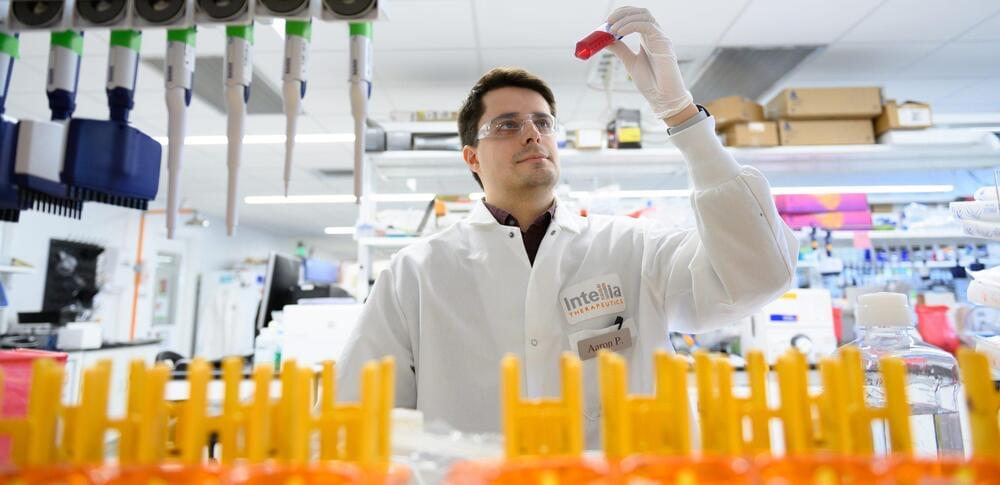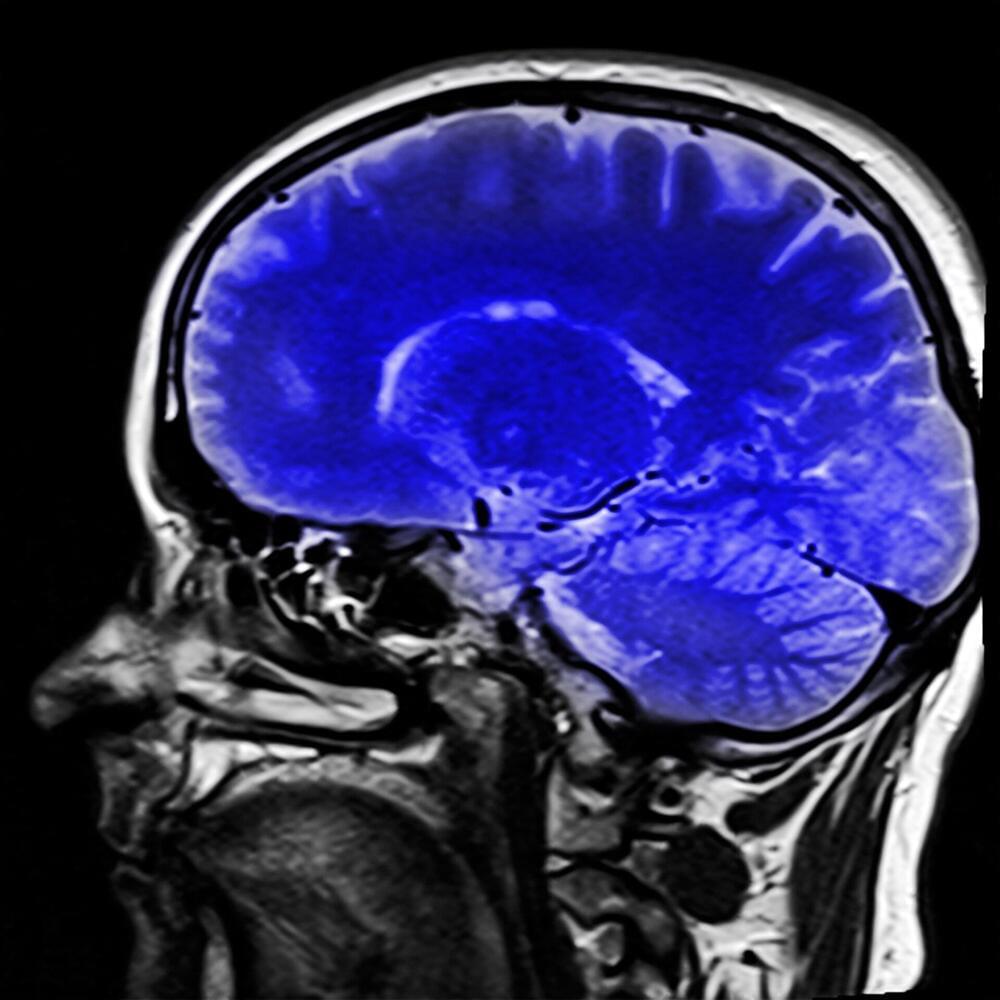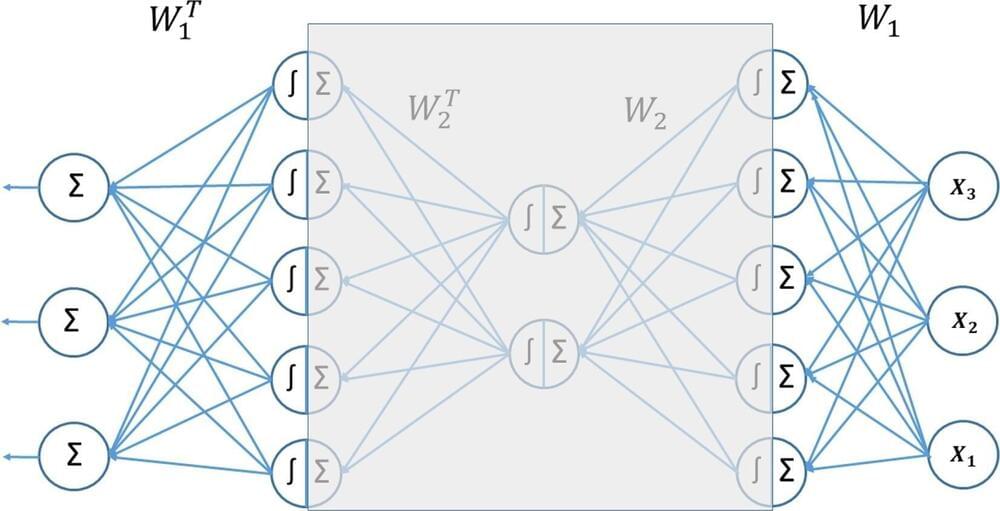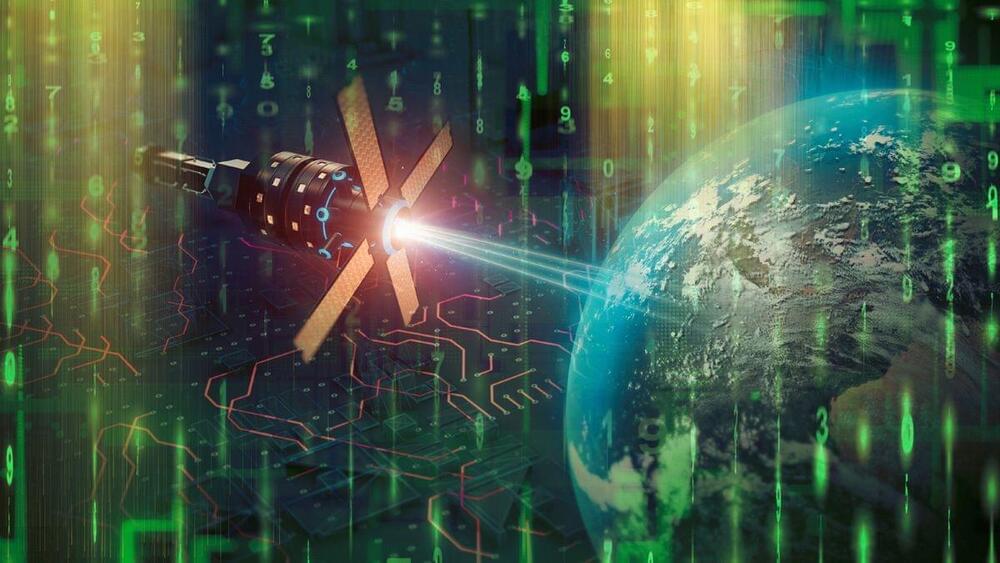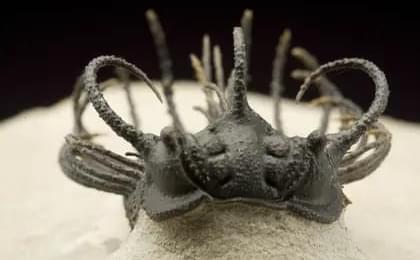Oct 6, 2023
With first-in-human trial results, Intellia shows the world that gene editing has arrived
Posted by Shubham Ghosh Roy in categories: bioengineering, biotech/medical
All medical breakthroughs have to start somewhere, and Intellia Therapeutics is ready to show the world the first-in-human gene editing data that could be the start of a | Interim results are in for Intellia and partner Regeneron’s in vivo CRISPR/Cas9 genome editing candidate, NTLA-2001, in patients with transthyretin (ATTR) amyloidosis: and the numbers look good. This is the first time gene editing has been proven to work in humans, which “opens up a whole new area of therapies for patients that wasn’t there.”
